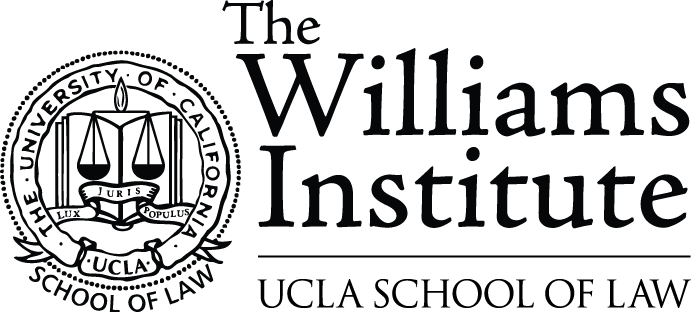
LOS ANGELES — In California, outdated HIV criminalization laws do not reflect the highly effective medical advances for reducing the risk of HIV transmission and extending the quantity and quality of life for people living with HIV.
HIV criminalization is a term used to describe laws that either criminalize otherwise legal conduct or that increase the penalties for illegal conduct based upon a person’s HIV-positive status. California has four HIV-specific criminal laws.
In HIV Criminalization in California: Evaluation of Transmission Risk, researchers Amira Hasenbush and Dr. Brian Zanoni suggest that these HIV criminal laws in California are not in line with medical science and technology related to HIV and may, in fact, work against best public health practices.
“Nine out of ten convictions under an HIV-specific criminal law or sentence enhancement have no proof of exposure to HIV, let alone transmission,” said Amira Hasenbush. “No HIV criminal laws in California require transmission for a conviction.”Key findings include:
- From 1988 until June 2014, 379 incidents resulted in convictions for an HIV-specific felony or sentence enhancement.
- Of those, 100 percent required no actual transmission of HIV.
- 98 percent did not require intent to transmit HIV.
- 93 percent involved no specific allegation of conduct that is likely to have transmitted the virus:
- Ninety percent of convictions were in solicitation incidents in which it is unknown whether any contact beyond a conversation or an exchange of money was initiated, thus possibly not having any exposure to HIV.
- Three percent of incidents involved oral sex, a sex act whose transmission risk is estimated as “low” by the CDC.
- Only seven percent of incidents involved vaginal or anal sex by definition of the crime.
HIV criminal laws have been disproportionately applied to sex workers. This has a disproportionate impact on women and people of color. Since solicitation by definition includes survival and subsistence sex work, these laws are also likely to disproportionately impact LGBT youth and transgender women of color.
Laws that criminalize conduct of a person who knows that they are HIV-positive may disincentivize testing and work against best public health practices.
The Williams Institute, a think tank on sexual orientation and gender identity law and public policy, is dedicated to conducting rigorous, independent research with real-world relevance.
Full report can be read here







